Legend – is Kray brothers film starring Tom Hardy true to life?
Hardy is 'uncanny' as both Kray twins, say those who knew them, even if the film strays from fact
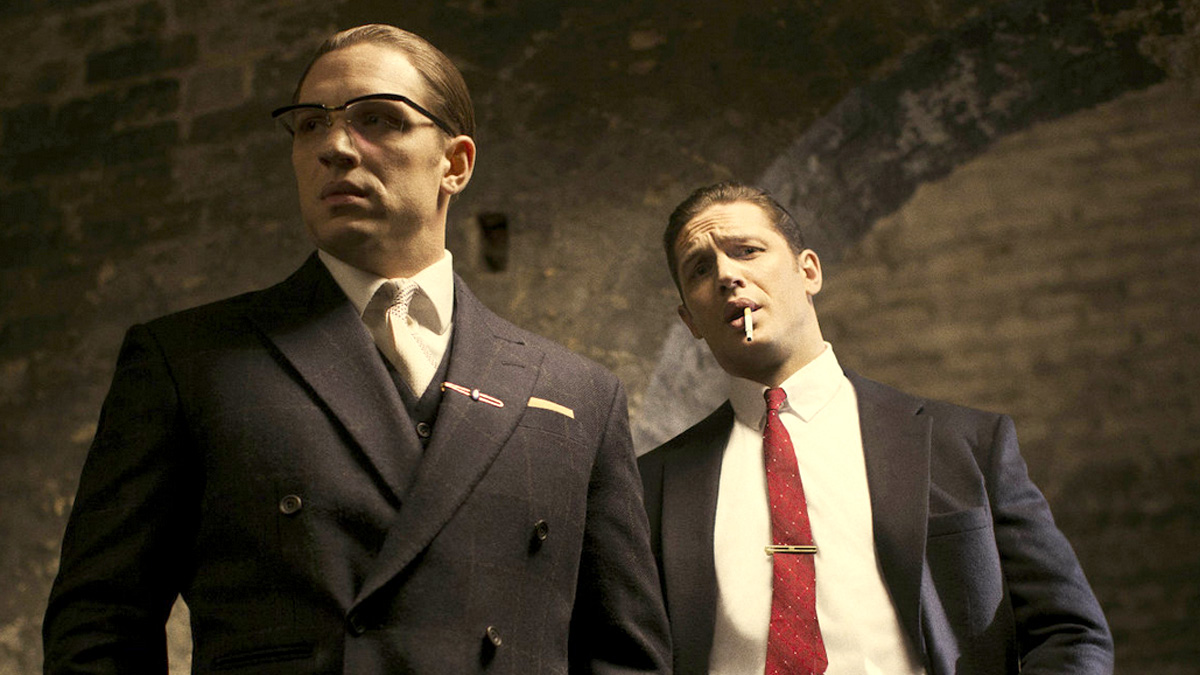
A free daily email with the biggest news stories of the day – and the best features from TheWeek.com
You are now subscribed
Your newsletter sign-up was successful
The new biopic Legend, starring Tom Hardy as the twin Cockney crime lords Ronnie and Reggie Kray, is due to open in UK cinemas next week, and it's already ruffling some feathers. Crime reporters, family and former associates of the Krays have questioned the accuracy of the film's depiction of the brutal brothers.
Reviews of the film have been largely positive, at least about Hardy's performance.
In Variety, Guy Lodge writes that "there are two good reasons to make what might otherwise seem an inessential new biopic" of the Krays and both of them "take the formidable form of Tom Hardy". Playing both Krays, says Lodge, is "a dazzling feat of thespian self-splicing" that elevates this "otherwise straightforward terrain".
The Week
Escape your echo chamber. Get the facts behind the news, plus analysis from multiple perspectives.

Sign up for The Week's Free Newsletters
From our morning news briefing to a weekly Good News Newsletter, get the best of The Week delivered directly to your inbox.
From our morning news briefing to a weekly Good News Newsletter, get the best of The Week delivered directly to your inbox.
The film itself is less impressive, says Helen O'Hara in the Daily Telegraph. She calls it a "big, brash ode" to brass-necked chancers that is "too long and too muddled to stand among the greatest British gangland films".
Others have criticised the film, not for its artistic qualities, but for its poetic licence. So what do they have a problem with?
Both Krays were gay
A former associate of the Krays, Freddie Foreman, told The Sun that while watching Hardy on screen was "uncanny" and like "seeing the twins reincarnated", the film gets the relationship between Reggie and his wife, Frances Shea, totally wrong. "It portrays him to be a Romeo who charms all the birds off the trees, and that could not be more wrong," said Foreman. "He was gay, just like Ronnie..." and the marriage was never consummated.
A free daily email with the biggest news stories of the day – and the best features from TheWeek.com
Reggie was more violent, Ronnie was kinder
Foreman also had a problem with the film's depiction of Reggie as "a fun-loving, cheeky chap who fancied himself as a businessman" but got dragged down by his crazed brother. "It wasn’t like that at all," says Foreman. "Reg shot and stabbed people for next to nothing," he points out, saying Reggie once shot a man in front of his wife and children just for taking Ronnie’s side in an argument. Meanwhile, the film makes Ronnie out to be a psychopathic lunatic, but actually he was a "very warm person and capable of great kindness" and had a very good sense of humour.
Franie is misunderstood
Reggie Kray's wife, Frances Shea (Franie), played by the Australian actress Emily Browning, suffered from mental problems and committed suicide aged 23, but her character provides the narration throughout the film. In an article in The Independent, Franie's relatives complained that they were not asked for their input by the film's writer-director Brian Helgeland. Franie is depicted as "sounding common as muck and looking like a little two-bit trollop", complained her niece, also called Frances Shea, who dismisses Franie's thoughts in the movie as "from [the filmmakers'] own vivid imagination".
It's too reverent
In the Daily Mail, Brian Viner critiques the film for committing the error of "genuflecting to its subjects just as their many acolytes did". Reggie is portrayed as "a rather charming, romantic cove", who might even have gone legit but for the bad influence of his brother, but the two were really sociopathic thugs with an empire built on extortion. Meanwhile, the coppers trying to nail them, embodied by 'Nipper' Read (Christopher Eccleston), are presented as hapless and even clueless. This is simple cinema trickery, says Viner, designed to build up audience empathy with rogues and rascals.
It was all hype
In an article in The Guardian, crime reporter Duncan Campbell points out that while the Krays are depicted as crime lords, they were actually failures as professional criminals. The twins, says Campbell, were "always better at fame than crime". They were fascinated by movie mobsters and actively promoted their image as England’s No 1 gangsters, often staging their crimes where they would be guaranteed an audience even if they risked getting caught. In that sense, says Campbell, the film is what they would have wanted.
Kray twins: the brutal brothers who ruled the East End
05 August
The Kray twins were the most infamous British criminals of the 1960s. Together they ran a massive criminal empire based on extortion, racketeering and murder, while simultaneously hobnobbing with Hollywood stars and senior politicians.
The brothers have already been immortalised on film once in the 1990 British drama The Krays which starred Martin and Gary Kemp. This time around, the wonders of modern technology mean that British actor Tom Hardy will be playing both siblings in Legend, due out on 9 September. Despite the brothers' brutality and reputation for ruling their territory with an iron fist, Reggie and Ronnie clearly continue to fascinate.
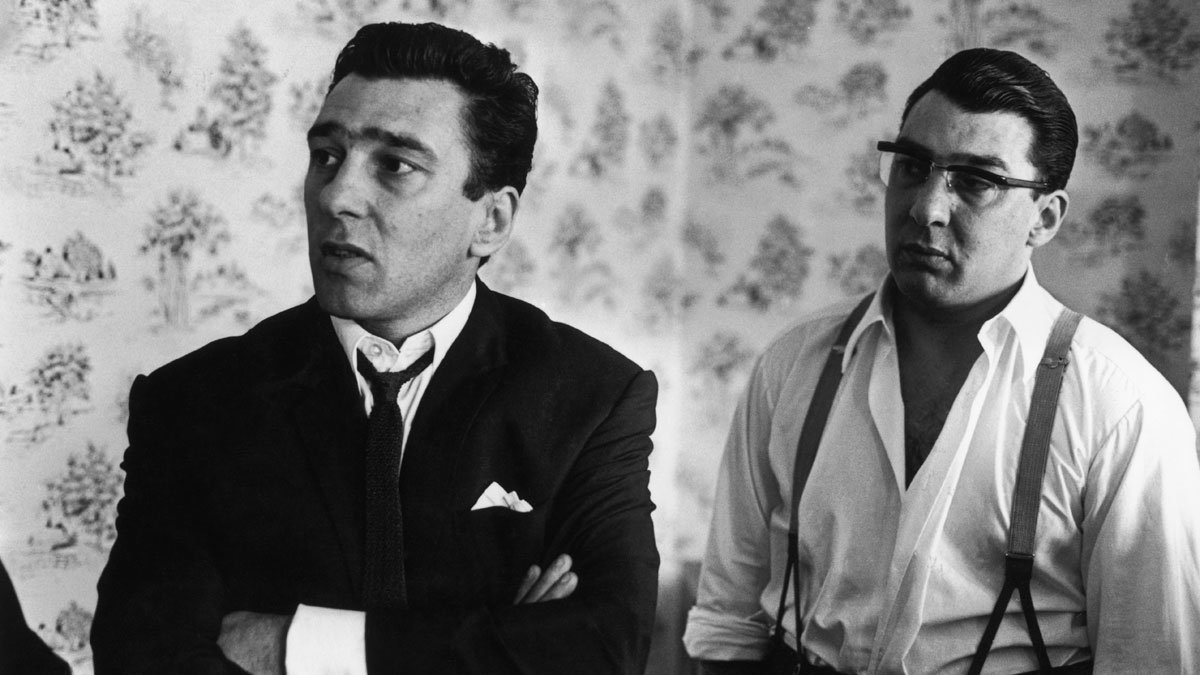
Reginald and Ronald Kray, who would soon become infamous simply as Reggie and Ronnie, were born on 24 October 1933 in the Hoxton area of London's East End, to Violet and Charlie Kray. Charlie was a scrap metal dealer who was often away from home and went on the run to avoid conscription during World War Two. Kray aficionados speculate that early memories of military police searching the house for their deserter father might have sparked their virulent hatred for authority.
From an early age, the twins loved to fight – sometimes turning on each other – and their fearlessness and predilection for violence quickly brought them into the thriving East End underworld. While still teenagers, they became notorious in the area as ruthless gang leaders.
Mandatory national service was still in effect when the brothers came of age in 1951, but – unsurprisingly – army life was not for them. Their conduct was so out of control that both were given dishonourable discharges within weeks.Reggie and Ronnie's return from the army marked the start of their careers as the East End's most infamous criminals. The twins purchased a Bethnal Green snooker hall, which they used as an HQ to run protection rackets on local businesses. Their empire rapidly expanded, so that by the end of the 1950s the Krays were involved in a laundry list of criminal enterprises including armed robbery and arson, as well as owning swish West End club Esmeralda's Barn.
Reggie and Ronnie presented themselves to the public as glamorous nightclub owners. They were pictured in the press rubbing shoulders with Swinging Sixties icons such as Diana Dors and Hollywood stars including Frank Sinatra and Judy Garland. Behind the glitzy façade, however, the brothers continued to rule their territory with brutal and unflinching violence.
Ronnie, who was openly-bisexual, was involved in organising sex parties whose guests included Conservative peer Lord Boothby and Labour MP Tom Driberg, which Kray biographer John Pearson alleges helped the brothers evade investigation.
However, the Krays' reign of terror could not go unchecked forever. In 1966, Ronnie, who was known as the most bloodthirsty of the twins, shot and killed George Cornell, a member of the rival Richardson gang, in the saloon bar of the Blind Beggar pub in Whitechapel. Although several people had witnessed the cold-blooded execution, none dared implicate Ronnie and the police were forced to release him without charge.
A few months later, the brothers arranged to help an old friend, Frank "The Mad Axeman" Mitchell escape Dartmoor prison. Reggie would later to refer to the bizarre plot as one of the "mistakes" which contributed to their downfall. Mitchell proved to be simple-minded and difficult to control once the brothers had him on the outside. In his memoir East End Stories, written from prison, Reggie admitted that they finally arranged to have Mitchell shot dead and his body dumped in Essex.
Their final murder victim, and the one that proved their undoing, was a member of their own gang. Hitman Jack 'The Hat' McVitie had been paid £1,500 to assassinate a former business partner who was feared to have turned informer, but failed to do so. After luring him to an empty flat in Stoke Newington, Ronnie held McVitie down while Reggie brutally stabbed him to death with a carving knife.
Despite the overwhelming difficulties of finding witnesses ready to testify to the Kray gang's crimes, by 1968 a team headed by Inspector Leonard 'Nipper' Read had managed to gather enough evidence to convince Scotland Yard to arrest Reggie and Ronnie. After the arrest, more witnesses were willing to come forward, and a jury at the Old Bailey found the brothers guilty of the murders of George Cornell and Jack McVitie. Both were sentenced to life imprisonment with a recommended minimum of 30 years, with shorter prison terms handed to their older brother Charlie and other members of the 'Firm'.
Ronnie was later declared insane and transferred to Broadmoor high-security psychiatric hospital, where he died of a heart attack in 1995. Reggie died of bladder cancer a few weeks after being released from prison on compassionate grounds in 2000. Although he claimed to have become a born-again Christian, Reggie went to his grave insisting that neither he nor his brother ever regretted their reign of terror as Britain's most notorious gangsters.
-
 Bad Bunny’s Super Bowl: A win for unity
Bad Bunny’s Super Bowl: A win for unityFeature The global superstar's halftime show was a celebration for everyone to enjoy
-
 Book reviews: ‘Bonfire of the Murdochs’ and ‘The Typewriter and the Guillotine’
Book reviews: ‘Bonfire of the Murdochs’ and ‘The Typewriter and the Guillotine’Feature New insights into the Murdoch family’s turmoil and a renowned journalist’s time in pre-World War II Paris
-
 Witkoff and Kushner tackle Ukraine, Iran in Geneva
Witkoff and Kushner tackle Ukraine, Iran in GenevaSpeed Read Steve Witkoff and Jared Kushner held negotiations aimed at securing a nuclear deal with Iran and an end to Russia’s war in Ukraine
-
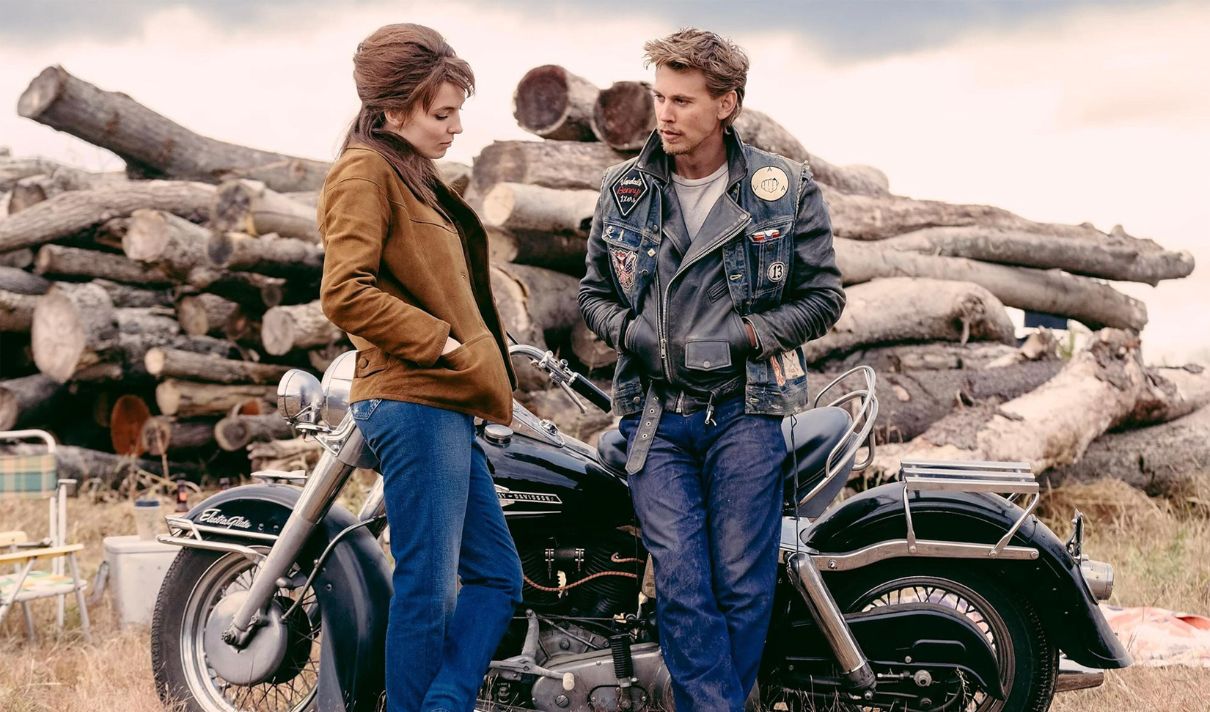 The Bikeriders: Jodie Comer and Tom Hardy star in high-octane drama
The Bikeriders: Jodie Comer and Tom Hardy star in high-octane dramaThe Week Recommends Film inspired by 1968 book about notorious biker gang in Chicago
-
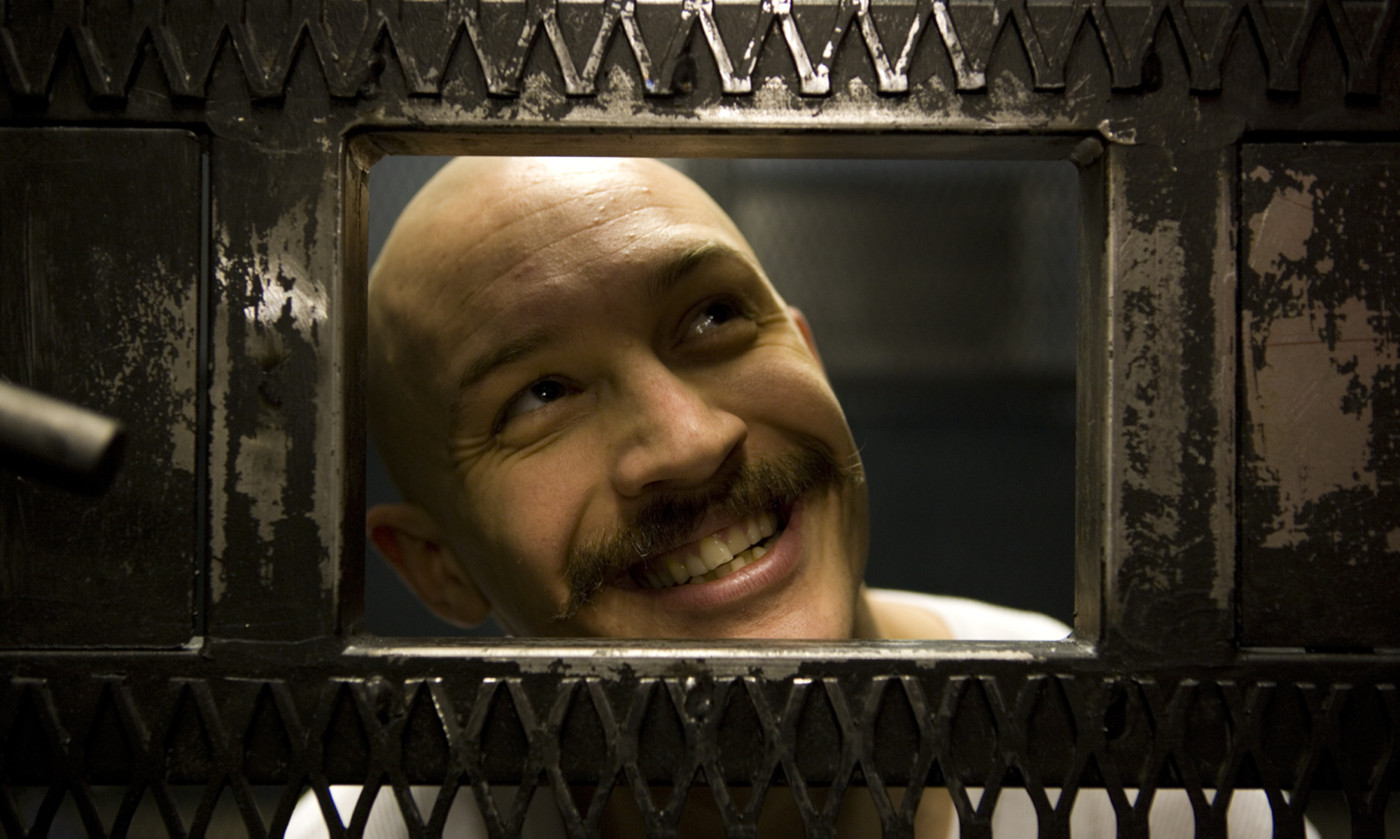 Tom Hardy’s best and worst movies
Tom Hardy’s best and worst moviesIn Depth The Dunkirk actor transforms himself in new superhero caper Venom, but it isn't his first on-screen metamorphosis
-
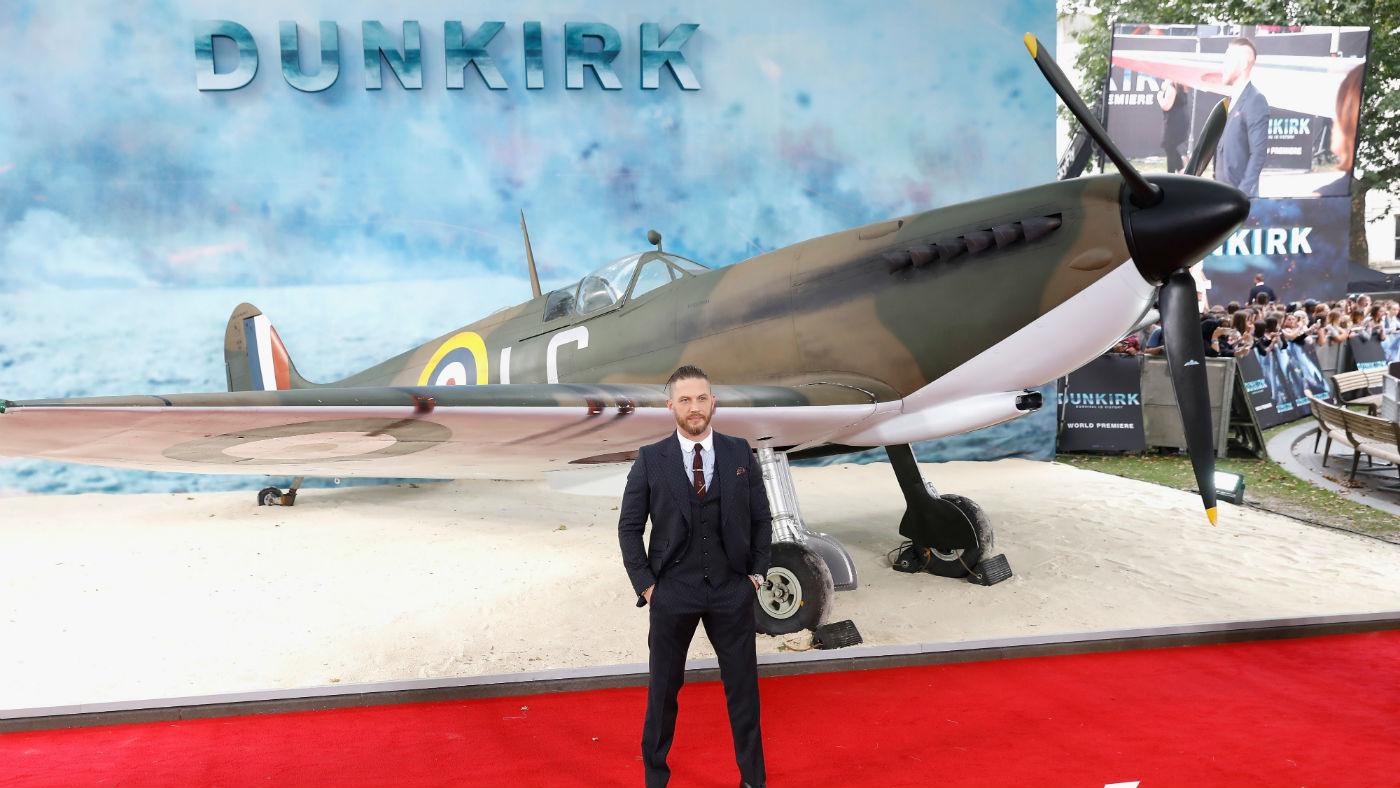 Dunkirk: 10 fast facts about the WWII drama
Dunkirk: 10 fast facts about the WWII dramaIn Depth 'Astonishing' film captures the evacuation of trapped Allied forces from Nazi-occupied France
-
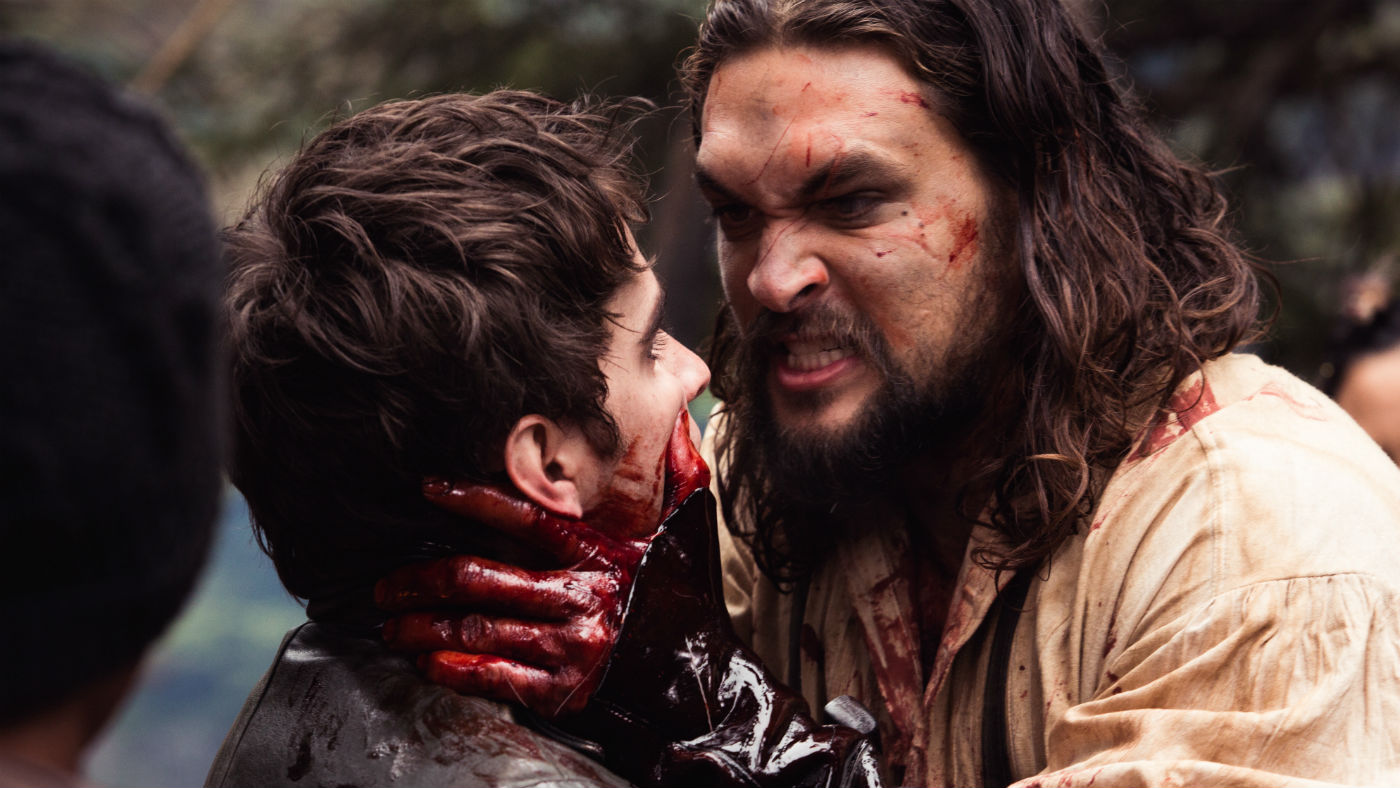 Is Netflix's Frontier better than Taboo?
Is Netflix's Frontier better than Taboo?In Depth Jason Momoa and the Hudson's Bay Company goes up against Tom Hardy's fight against the East India Company
-
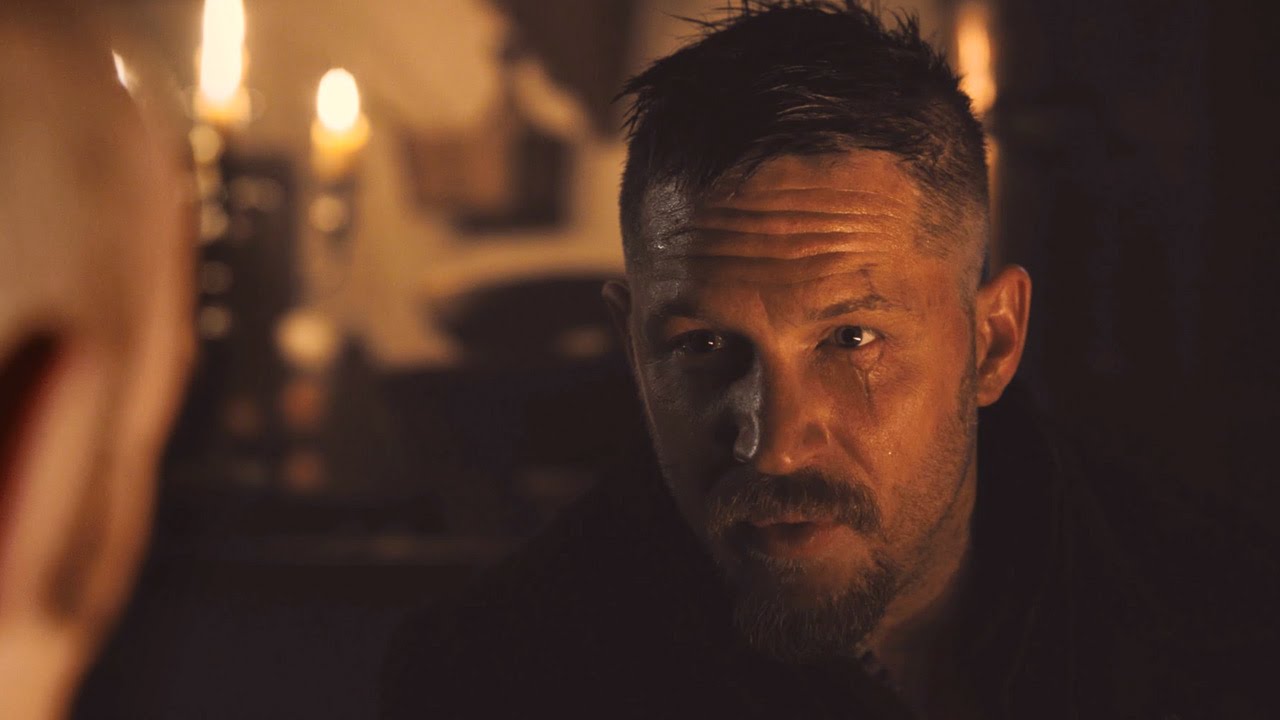 What was the East India Company? Tom Hardy takes on British institution in BBC's Taboo
What was the East India Company? Tom Hardy takes on British institution in BBC's TabooThe Week Recommends It's being portrayed as the 'biggest, baddest multinational corporation on earth', but what was the true story of the EIC?
-
 Taboo: What to expect from Tom Hardy's new lavish period drama
Taboo: What to expect from Tom Hardy's new lavish period dramaThe Week Recommends Adventure, death and betrayal are the key ingredients in this highly anticipated eight-part series
-
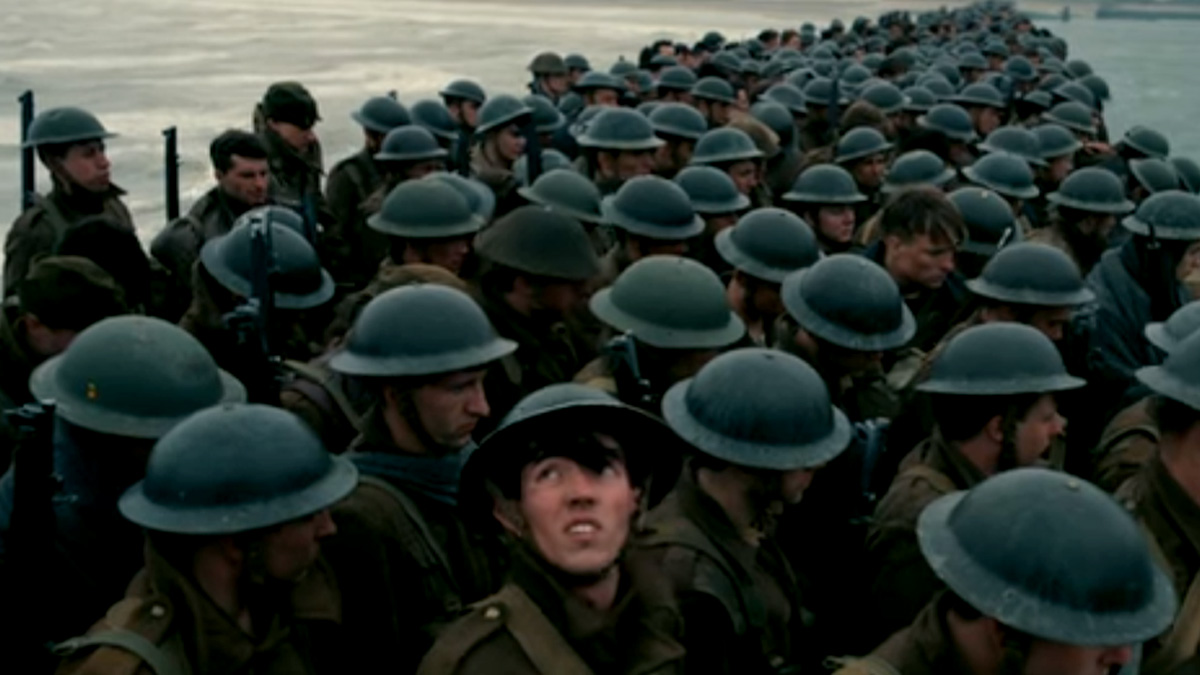 Dunkirk: New trailer is out - but where is Harry Styles?
Dunkirk: New trailer is out - but where is Harry Styles?The Week Recommends One Direction star missing in action from first glimpse of Christopher Nolan's nail-biting war drama
-
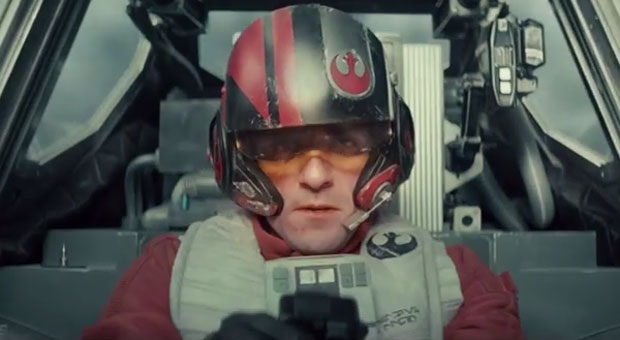 Ten films to look forward to in 2015
Ten films to look forward to in 2015The Week Recommends From long-awaited blockbusters to Tarantino and Pixar originals, the films that will cause a stir in 2015